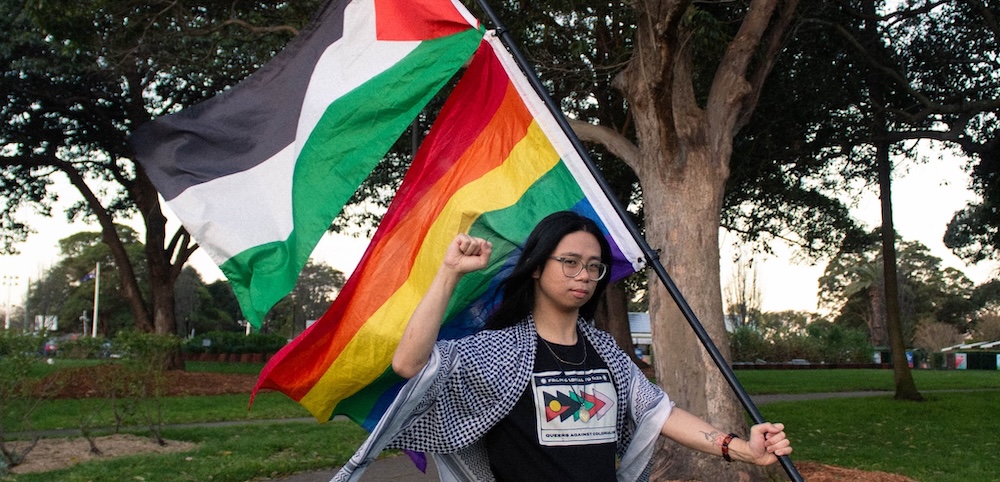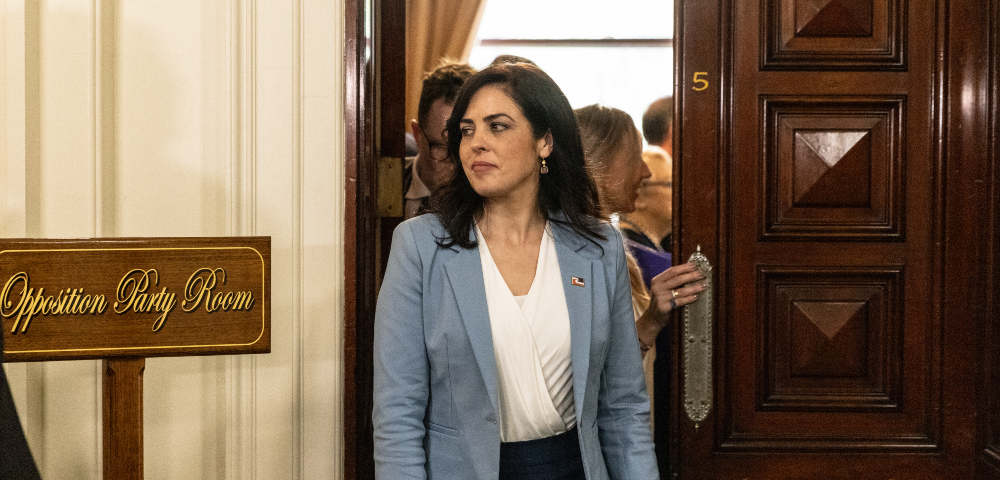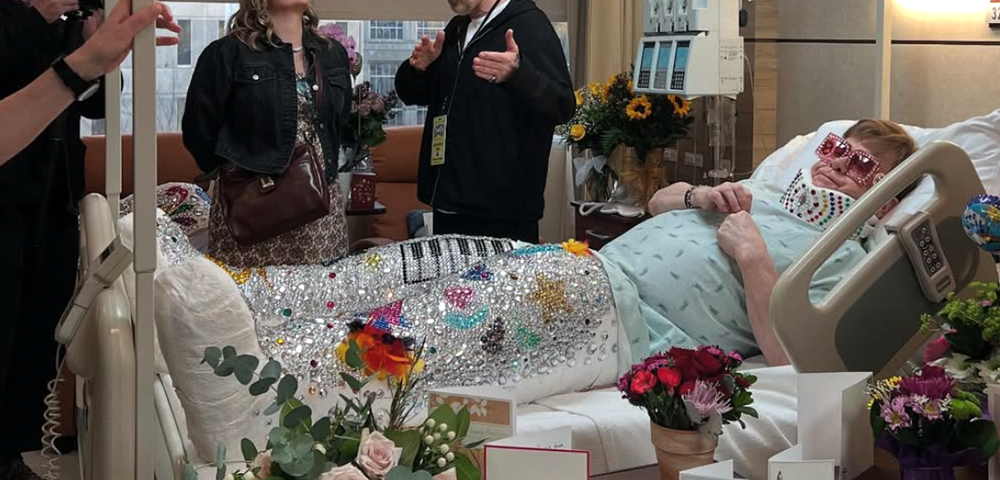
Many Multicultural LGBT People Do Not Feel Safe In ‘Safe’ Spaces
By Budi Sudarto
All of us want to feel and be safe without prejudice and discrimination. Yet, for many multicultural/multifaith LGBTIQ+ individuals, safety remains a complex issue. Our intersectionality means that we are constantly faced with multiple forms of discrimination across various communities. We are constantly on guard as we will never be sure when incidences of racism, faith-based discriminations, homo/bi/trans-phobia amongst others, and their intersections, will occur. For us, safety is precious yet precarious.
In November 2021, AGMC (Australian GLBTIQ+ Multicultural Council) published a report exploring racism and other forms of discrimination as experienced by multicultural/multifaith LGBTIQ+ communities in Victoria. Navigating Intersectionality was funded by the Victoria Government to provide an understanding of the many challenges faced by members of our communities based on our intersectionality. The findings reaffirm what we knew and/or have experienced:
- The LGBTIQ+ spaces, including LGBTIQ+ organisations, do not always provide safety for members of our communities, as we continue to experience microaggressions, racism, and faith- based discrimination amongst many.
- Ethnic and faith communities can offer us a sense of belonging in an Anglo-dominated Australian society, yet we have also been discriminated against based on our LGBTIQ+ identities.
- Our intersectionality means that we also face discriminations based on our intersecting marginalities in the workplace, at schools and/or university, and when accessing healthcare services.
For many of us, experiencing microaggressions has a compounding impact on our health and well-being. Strange looks, discriminatory remarks masked as jokes, being ignored, overlooked and silenced, as well as minimum representation and engagement with us, means that we have continually been made to sit at the margin. The trauma is on-going and pervasive. We are confronted with both interpersonal and systemic discriminations, and despite our calls for change, we are yet to see a firm commitment to make us be safe, including from within the LGBTIQ+ communities.
Yet, we stand tall and proud. Our intersectionality means that we continue to draw strengths from each other to be safe. The report is our way to influence systemic change, because our place is not at the margin, but at the centre of dialogues, policies, and strategies. Our safety is non-negotiable.
And together, we can create safety for all, one step at a time.
Navigating Intersectionality: Multicultural and Multifaith LGBTIQ+ Victorians talk about Discrimination and Affirmation is available to download via www.agmc.org.au or email contact@agmc.org.au to request a copy.
Budi Sudarto is a co-researcher of Navigating Intersectionality, a former AGMC Vice President, a consultant and trainer in intersectionality and inclusion.









